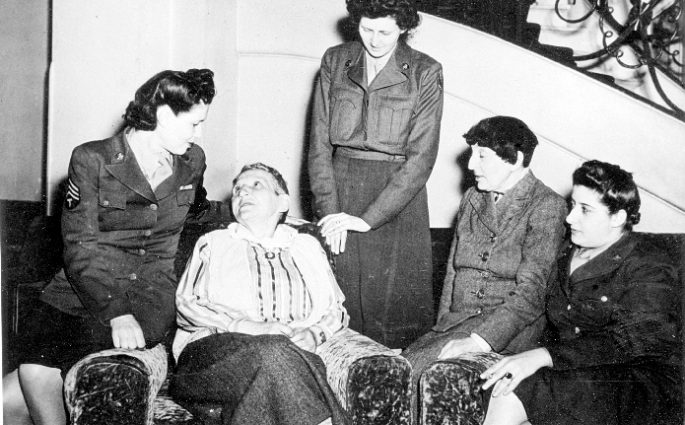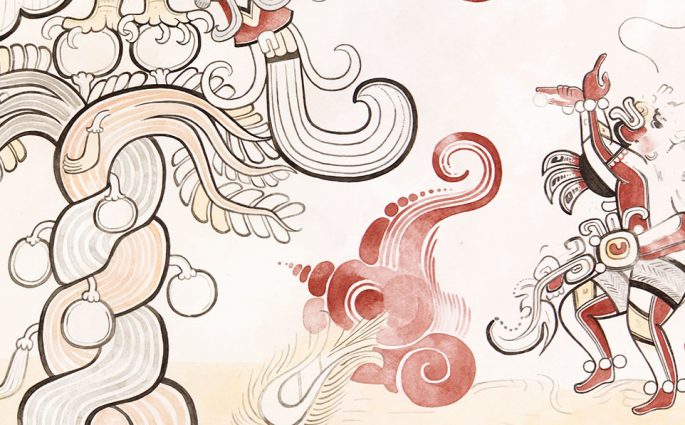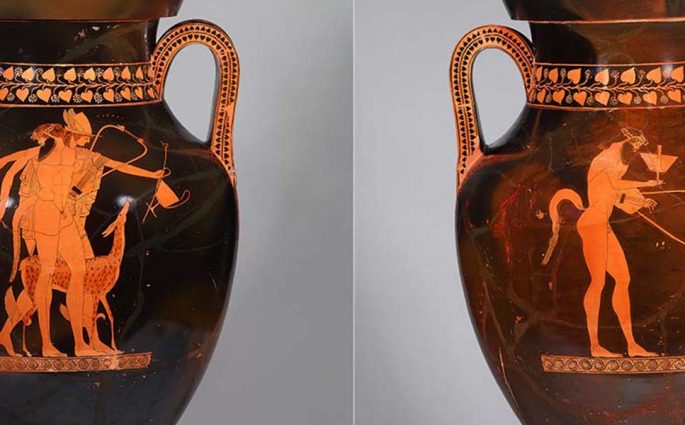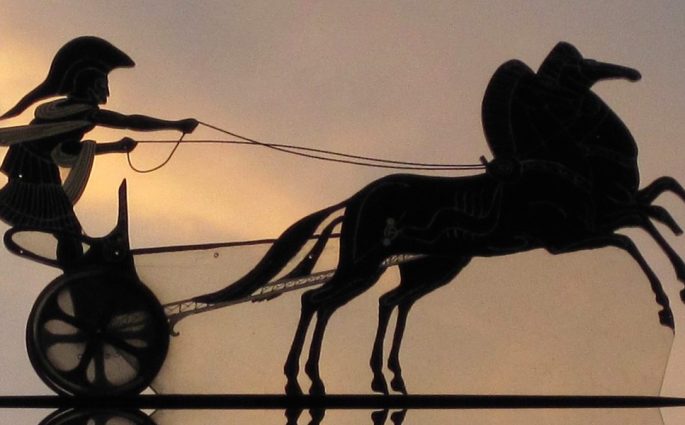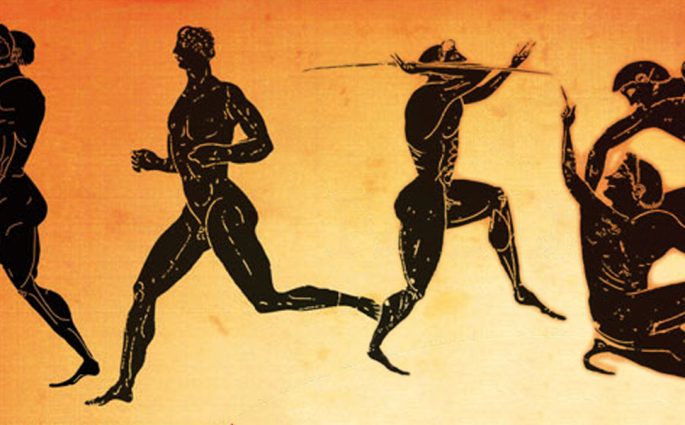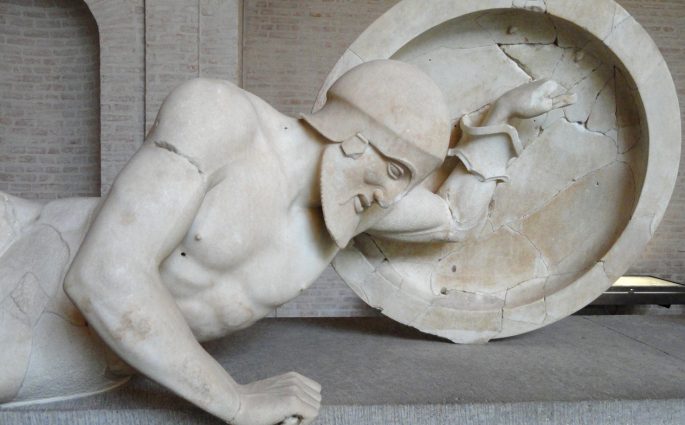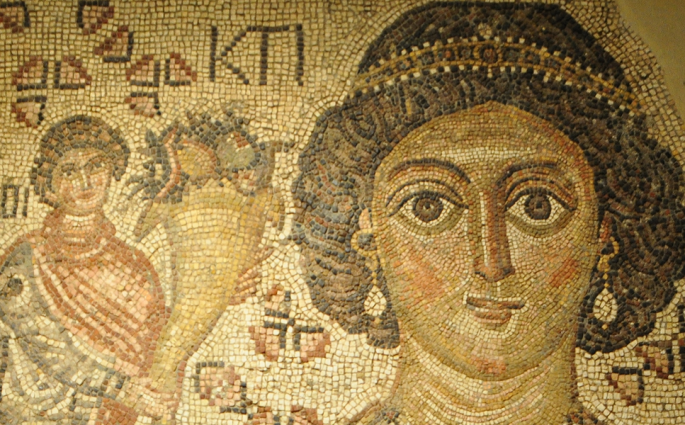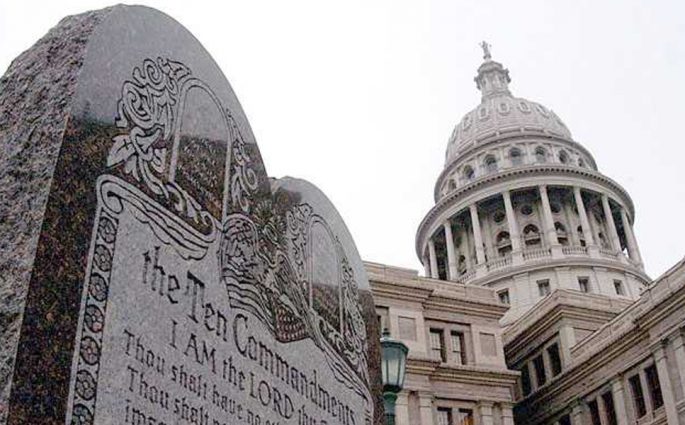Pride Month Bookshelf: LGBTQIA+ History, Cultural Studies, and Literature Beyond June
Presenting our Yale University Press Pride Month reading list—because celebrating #Pride2017, learning from the history of the movement, championing stories and contributions of LGBTQIA+ individuals, and working each day to insist on equal and fair treatment of queer communities should extend far beyond June. Homintern: How Gay Culture Liberated the Modern World by Gregory























